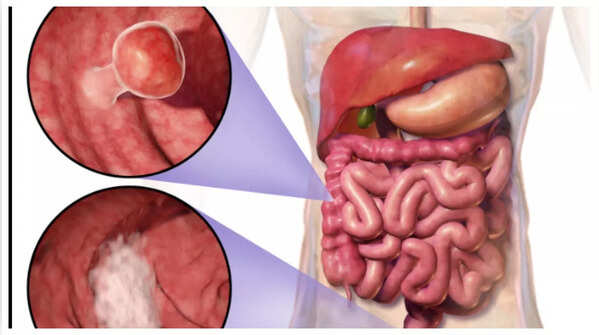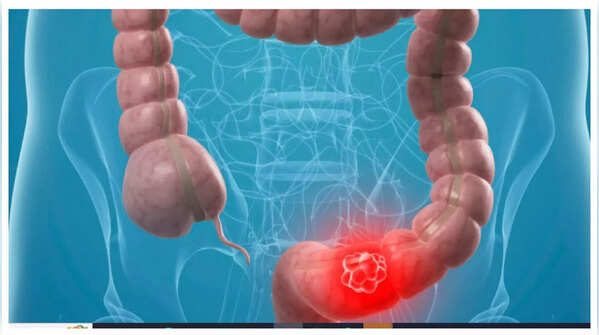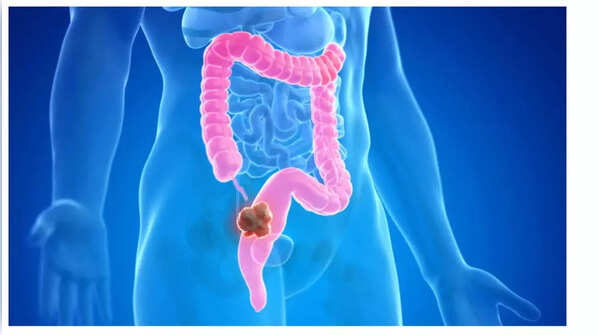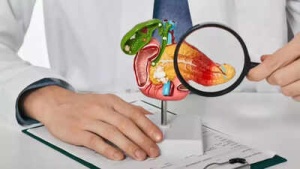Colon cancer, also known as colorectal cancer, originates in the colon or rectum, the final segment of the large intestine. It frequently begins as benign clumps of cells termed polyps, which can develop into cancerous growths over time. While most cases arise spontaneously, factors like family history, obesity, and lifestyle choices can elevate the risk. The majority of diagnoses occur after age 50, and early symptoms tend to be subtle, often resembling common digestive issues or stomach infections. Nevertheless, certain telltale signs warrant attention.

One of the first indicators of colon cancer is a change in bowel habits. These alterations may manifest as:
These changes may seem insignificant or transient, often attributed to dietary factors, stress, or minor infections. However, persistent bowel changes lasting more than a few days or recurring frequently could signal the presence of a growing tumor disrupting normal bowel function.

The presence of blood in stool should always be a cause for concern. This can present as:
In some instances, the bleeding may be microscopic, leading to anemia over time. While blood in the stool can stem from various conditions like hemorrhoids or infections, it's imperative to rule out colon cancer, particularly if it occurs repeatedly or alongside other symptoms.

Persistent abdominal discomfort is another early symptom often overlooked. This may include:
Such discomfort can be mistaken for indigestion or other minor digestive issues. However, if the pain is ongoing and unrelated to dietary or lifestyle changes, it could indicate a tumor causing irritation or blockage in the colon.

Unexplained and persistent fatigue or weakness can be a subtle sign of colon cancer, especially when accompanied by other symptoms. This occurs because slow, undetected bleeding in the colon can result in iron deficiency anemia. The reduced number of red blood cells impairs oxygen transport, leading to fatigue, shortness of breath, and weakness. Although these symptoms may be dismissed as stress-related or due to lack of sleep, they warrant medical evaluation.

Losing weight unintentionally is a common symptom associated with many cancers, including colon cancer. When the body is combating cancer, the immune system remains in a heightened state, and tumors can interfere with digestion and appetite. Significant weight loss without changes in diet or exercise necessitates a medical consultation. While this symptom often manifests later, it can occasionally serve as an early warning sign.

Disclaimer: This information is intended for educational purposes only and does not substitute professional medical advice. Always consult with a qualified healthcare provider for any health concerns.



A cancer diagnosis can trigger a range of intense emotions, including shock, disbelief, fear, anxiety, and uncertainty about the future.

It is crucial to consult a doctor if you experience any of the mentioned symptoms. Do not delay seeking medical advice until the symptoms worsen.





Sources:
Newer articles
Older articles
 New Zealand Cricket Announces Packed 2025-26 Home Summer Against Cricket Giants
New Zealand Cricket Announces Packed 2025-26 Home Summer Against Cricket Giants
 India Poised to Unleash First Dengue Vaccine as Phase 3 Trials Wrap Up
India Poised to Unleash First Dengue Vaccine as Phase 3 Trials Wrap Up
 Ayesha Shroff’s REACTS to influencer telling her son, Tiger Shroff, to stop acting’: 'And you are who exactly'
Ayesha Shroff’s REACTS to influencer telling her son, Tiger Shroff, to stop acting’: 'And you are who exactly'
 Vitamin D deficiency can increase the risk of pancreatic cancer; know key symptoms
Vitamin D deficiency can increase the risk of pancreatic cancer; know key symptoms
 Relationship Roadblocks: Spotting Early Signs of Commitment Phobia
Relationship Roadblocks: Spotting Early Signs of Commitment Phobia
 5 Overlooked Warning Signs of Colon Cancer: What You Need to Know
5 Overlooked Warning Signs of Colon Cancer: What You Need to Know
 Prada Admits Kolhapuri Chappal Influence After Design Controversy
Prada Admits Kolhapuri Chappal Influence After Design Controversy
 Cricketer Nitish Rana Eyes Delhi Comeback After Disappointing Uttar Pradesh Stint
Cricketer Nitish Rana Eyes Delhi Comeback After Disappointing Uttar Pradesh Stint
 Bangladesh Test Captain Najmul Hossain Shanto Resigns After Sri Lanka Defeat
Bangladesh Test Captain Najmul Hossain Shanto Resigns After Sri Lanka Defeat
 SA20 Auction: Teams Can Keep Up to Six Players, Purse Increased to $2.3M
SA20 Auction: Teams Can Keep Up to Six Players, Purse Increased to $2.3M